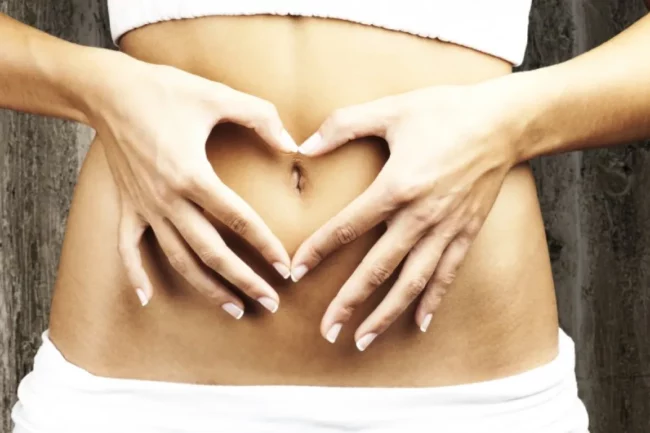The United Nations Children’s Fund (UNICEF) has called for the collaboration of community and religious leaders across the country to join hands in stemming the tide of Human Papillomavirus (HPV) in their various communities.
Apart from this, UNICEF also advocated for aggressive advocacy for the vaccination of girl child against Human Papillomavirus (HPV) in order to eradicate the rate of cervical cancer and reduce the risk of cervical cancer.
Speaking during a two-day media dialogue workshop tagged “Combating the most preventable form of deadly cancer affecting women and girls, a Health Specialist with UNICEF, Dr. Ijeoma Agbo, maintained that the vaccination remains crucial to public health intervention.
She maintained that the vaccination is the most effective and safe means to protect girls from developing cervical cancer later in life, saying with girls aged 9 to 14, targeted for the vaccine, an estimated of 604,000 new cases with 342,000 deaths occurred globally in 2020, while 12,075 cases and 7968 deaths were recorded in Nigeria.
According to her, the vaccine protects against HPV types 16 and 18 and provides cross-protection for types 31, 33, and 35, including the serotypes causing anogenital warts.
ALSO READ: EFCC seeks media collaboration to tackle financial crime
She said: “HPV can also cause a range of conditions in men and women, including other types of anogenital cancer (vagina, vulva, anus, penis), head and neck cancers, and genital warts.
“It accounts for 29.5% of infection-related cancers globally and greater than half of all reported infection-attributable cancers in women.
“Cervical cancer is the fourth most common cancer in women globally and the second most common cancer affecting women in Nigeria.
“This high burden of cervical cancer is attributed to several factors, including poor access to HPV vaccination services, poor screening and treatment services, low awareness, and inadequate access to healthcare, especially in rural areas.”
Also speaking, the Immunisation Programme Coordinator, Lagos State Primary Health Care Board (PHCB), Dr. Adetola Akinpelu, disclosed the effort of the state government in covering the state and administration of the vaccine
He stressed that the target was to vaccinate at least 80 per cent of girls aged 9–14 years by December 2024.
“Achieve routine HPV coverage of at least 69 per cent for girls aged 9 years by December 2025. Achieve a minimum of a 4 per cent annual increase in routine HPV coverage by December 2026.
” Disseminate information on primary, secondary, and tertiary preventive measures across the LGAs.”
The Communication Officer, UNICEF, Blessing Ejiofor, said all efforts must be geared towards increased awareness, particularly at the grassroots, to promote the benefits of HPV vaccination and dispel myths and misconceptions surrounding it.
Ejiofor enjoined participating journalists to become active advocates by using their various platforms to draw the attention of everyone to the issue in order to achieve adequate coverage.
NIGERIAN TRIBUNE
